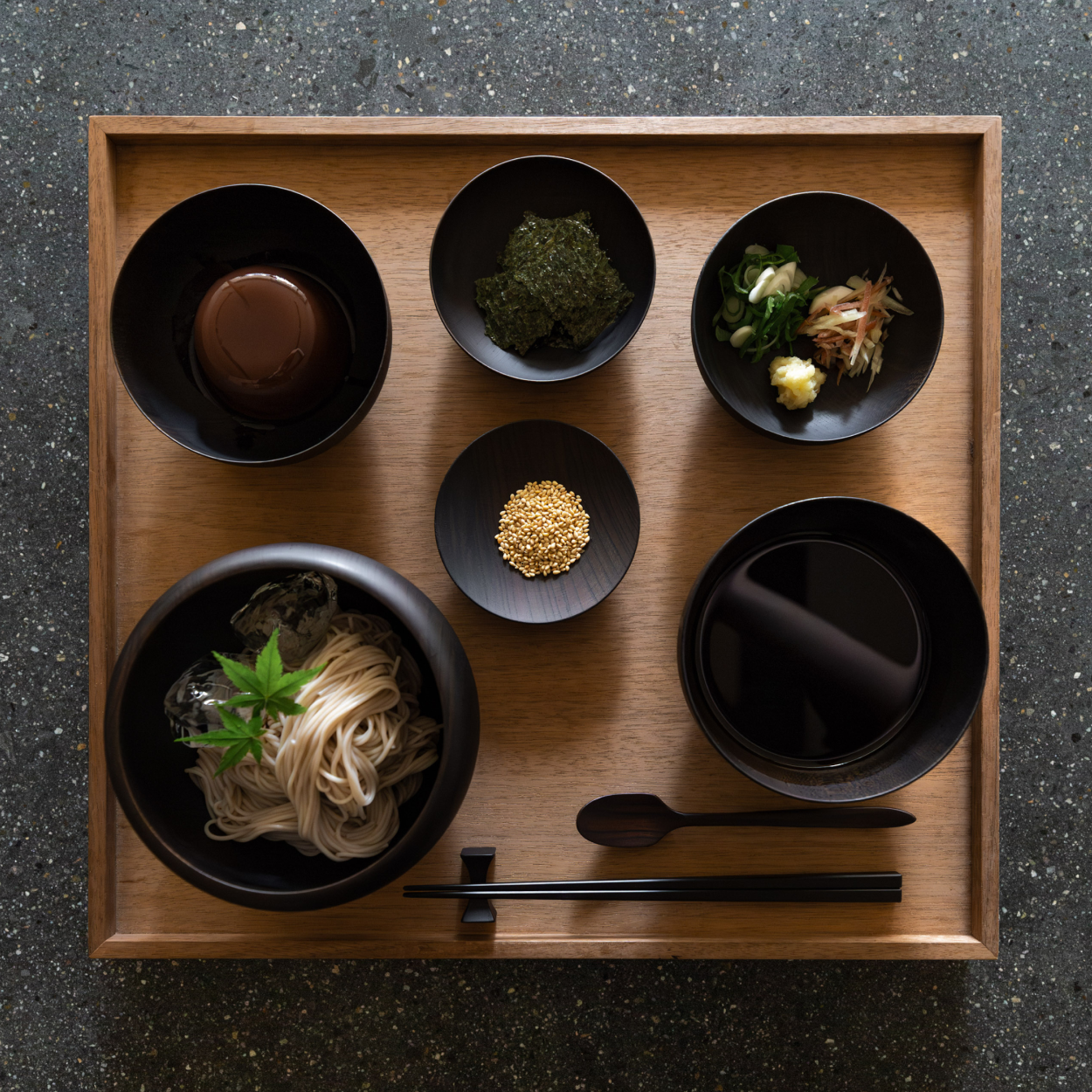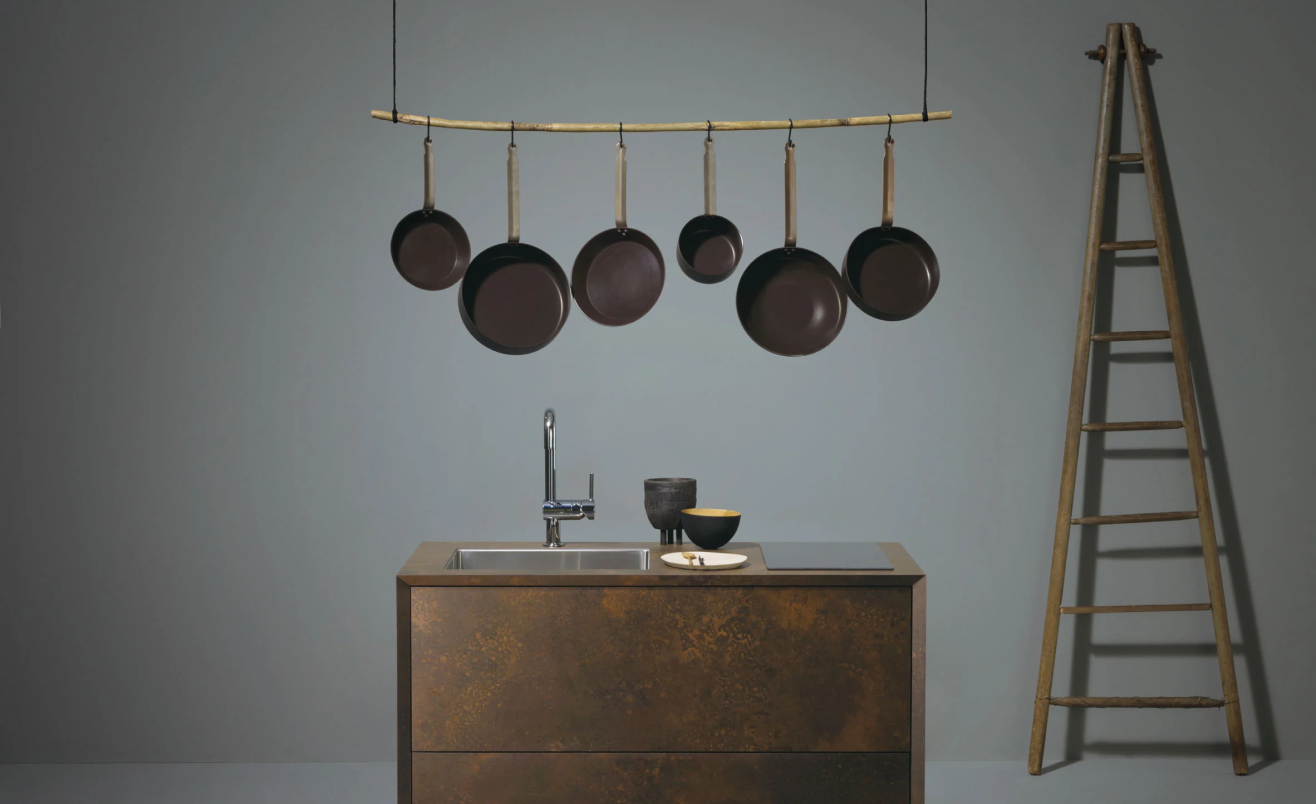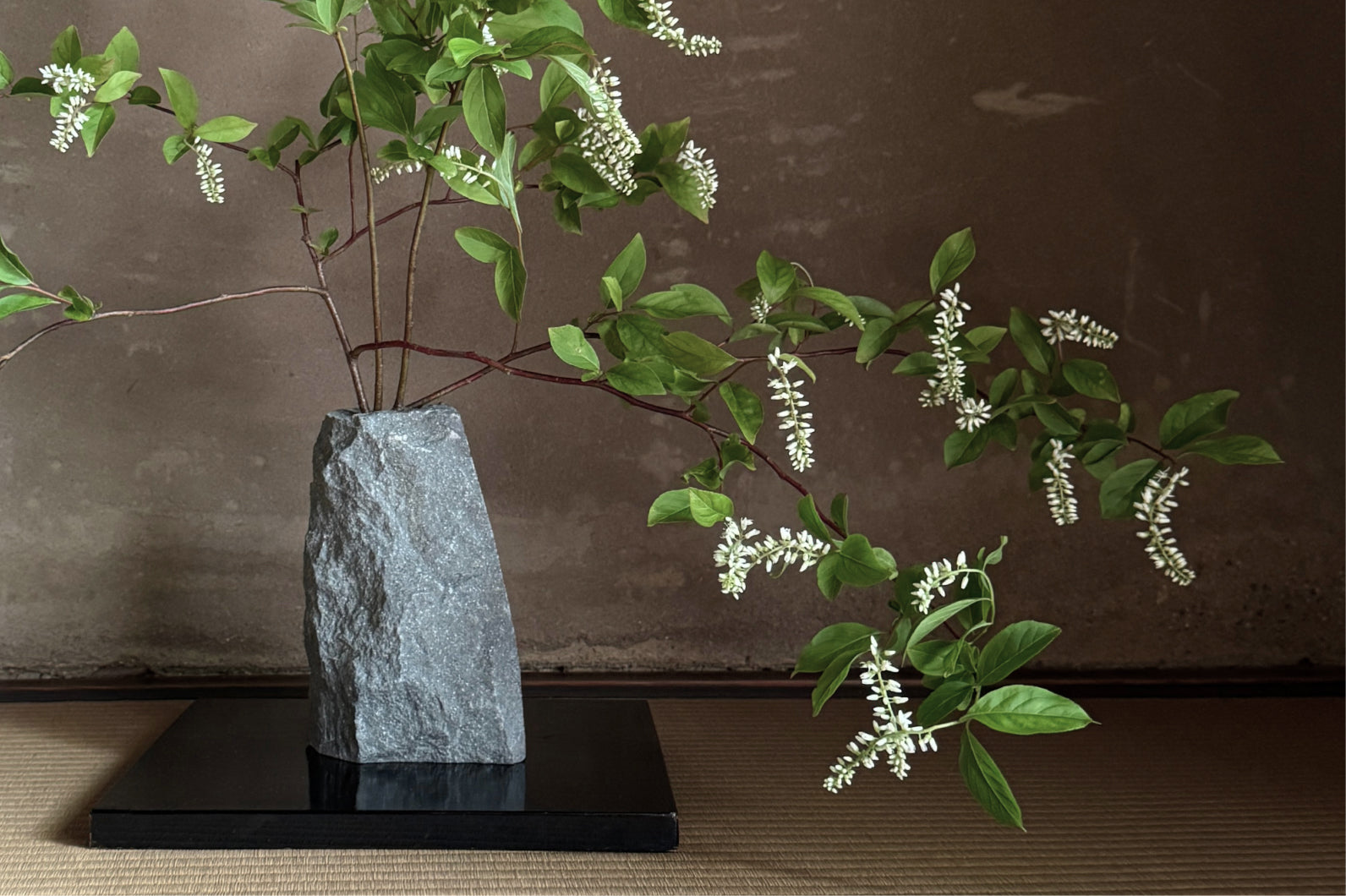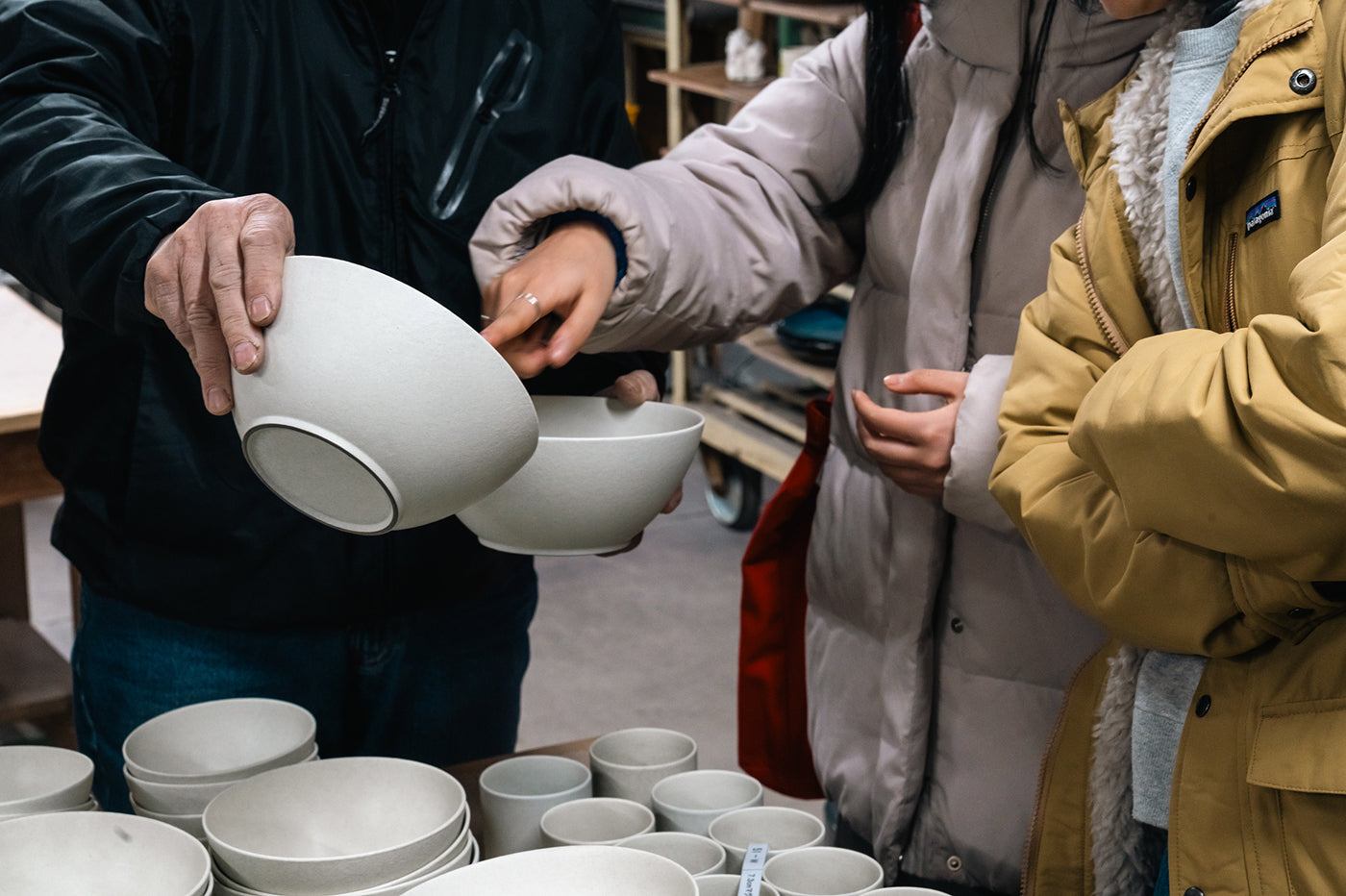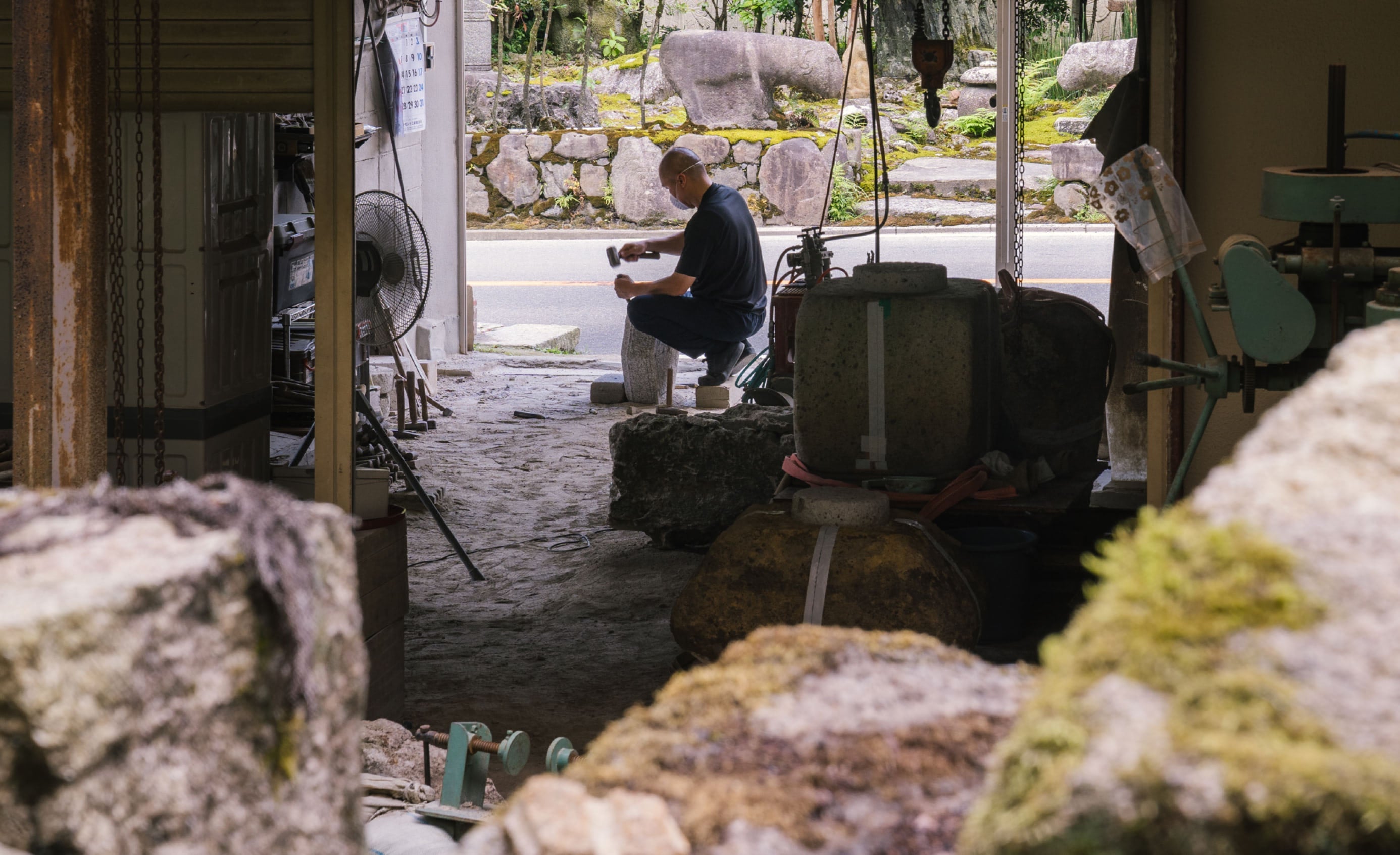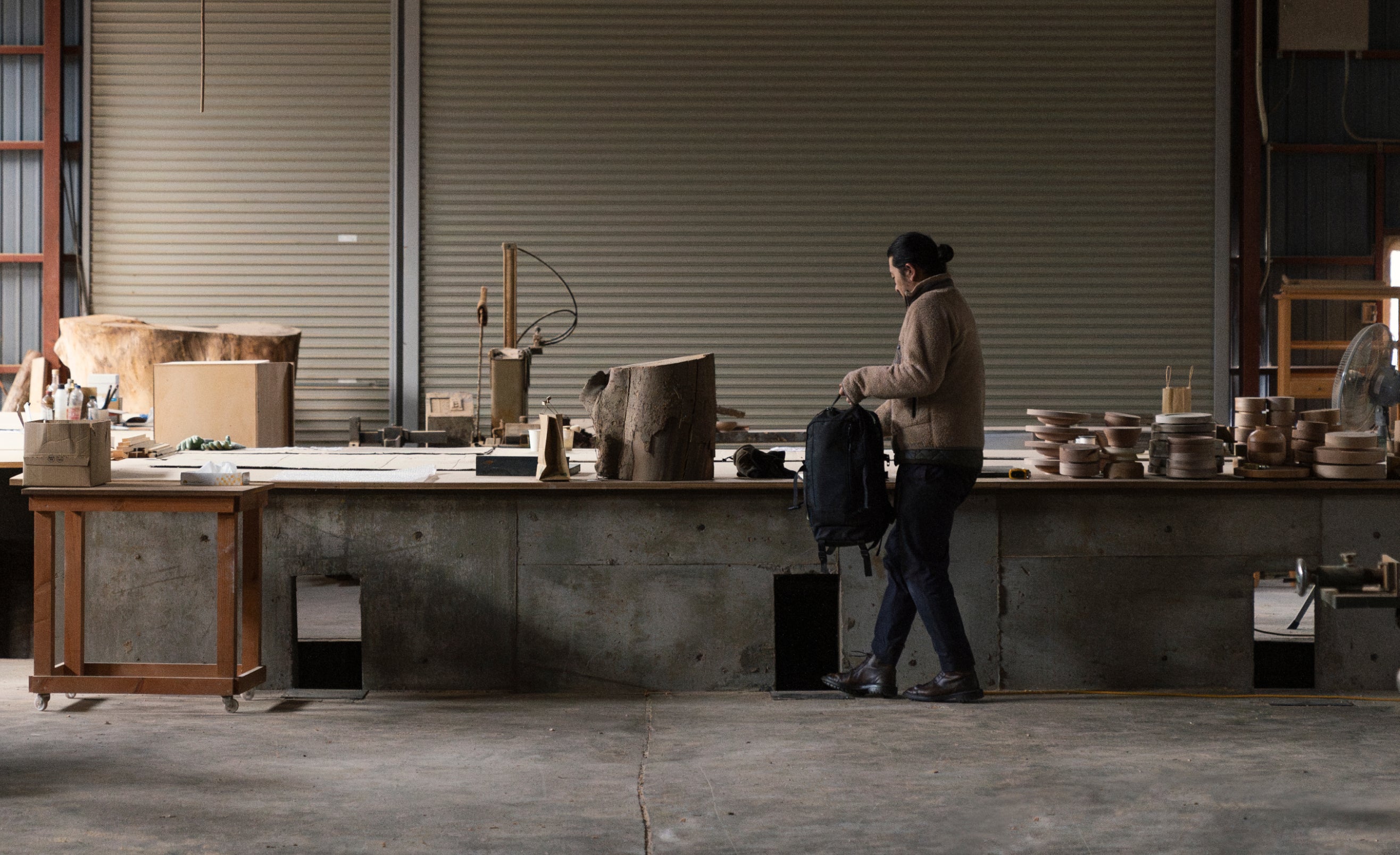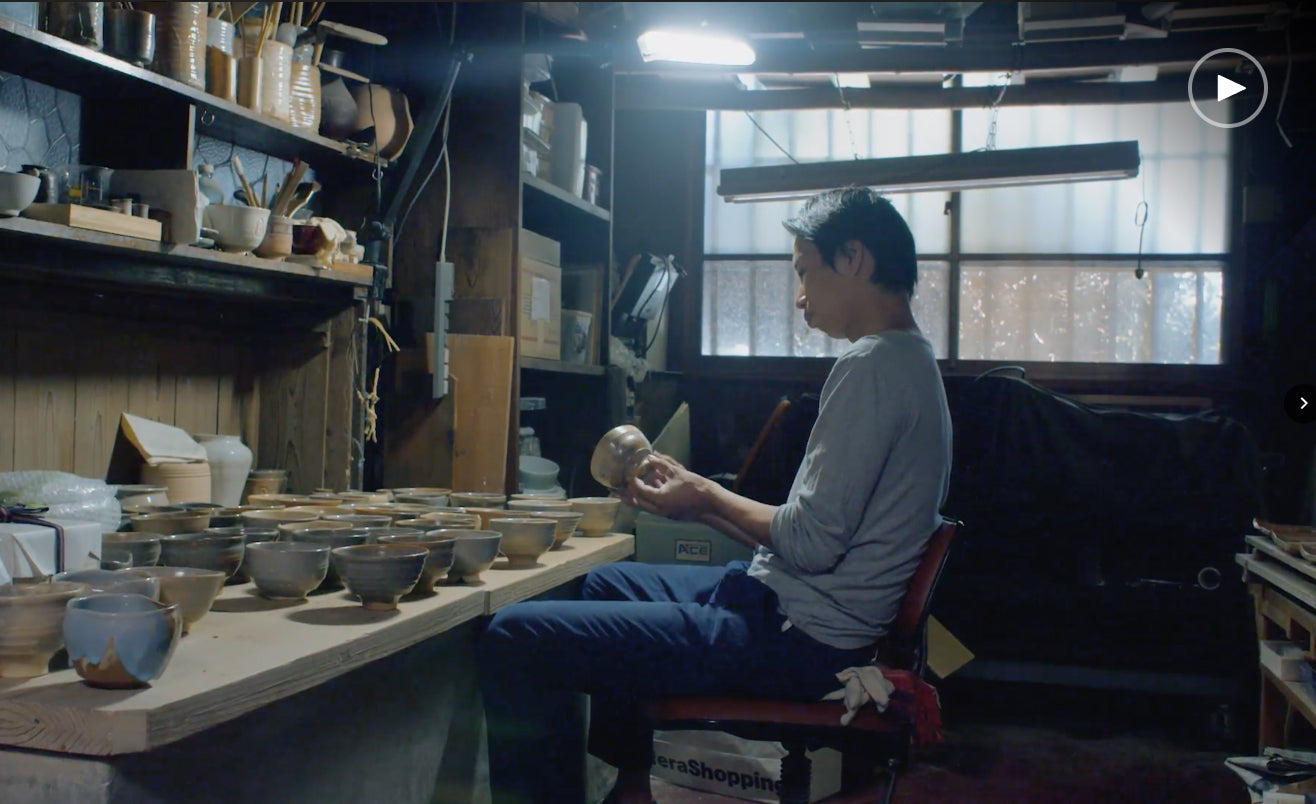Published April 29th 2019 on the former blog
Sanwa is a Japanese company that aims to challenge our preconceived notions about the “creation” of style, or スタイルの創造というテーマに挑みます. They design and sell most anything and everything related to the realm of home interior and exterior. Their website is a refreshingly navigable catalog, although slightly intimidating in its array of products (storage units, countertops, decks, chairs, mirrors, doors, bathrooms, flooring, sinks, tiling). In the past year or so, Sanwa has dedicated itself to pushing the limits of kitchen design.

In 2018 Sanwa collaborated with Italian design team Bestetti Associati to create a series of compact kitchens. The EuroCucina biennial is a kitchen furniture exhibition, showcasing emerging design and technological innovation on an international stage. For its 22nd iteration, Sanwa and the designers at Bestetti put their creative brains to the task of producing spaces that harness the “impact of compact.”

One of the most striking inventions to emerge from the collaboration is the AM 01 by Atelier Medini. The ne plus ultra of miniature spaces is a self-standing rectangular cabinet that opens to reveal shelves, a sink, and a small stovetop. With this project, Sanwa’s Milanese counterparts aimed to tackle directly the problem of increasingly tiny living situations resulting from swelling populations in urban areas around the globe. The epitome of function, utility, and elegance, the AM 01 is a veritable armoire of requirement, furnished with all the tools of an amateur chef.
Also of note is the EO 1, a kitchen disguised as a plain black box. Allegedly inspired by an Ozu film, designer Elisa Ossino wanted to hide the actual function of the kitchen itself. Fusuma and shoji (panels and screens) traditionally obscure sections of a Japanese home, and can be easily moved to redefine arenas of family-shared space. Ossino’s cube is also easily portable, and conceals the domestic reality of meal prep.
 This year Sanwa chose to work with Karimoku New Standard to fashion a wood-focused, modernist kitchen unit. KNS was founded by the furniture manufacturer Karimoku, a company with humble beginnings in timber and woodworking. From 1940 onward, they’ve remained committed to natural processes, making furniture only from the highest quality wood.
This year Sanwa chose to work with Karimoku New Standard to fashion a wood-focused, modernist kitchen unit. KNS was founded by the furniture manufacturer Karimoku, a company with humble beginnings in timber and woodworking. From 1940 onward, they’ve remained committed to natural processes, making furniture only from the highest quality wood.

Designed by German industrial designer Christian Haas, the CH 01 is one of Sanwa’s most ambitious projects yet. This kitchen unites the functionality of a compact kitchen unit with the elegance of traditional Japanese woodworking. The design evokes the fragility of fusuma and shoji, but the wood (Japanese oak) is coated with a substance that ensures its durability and protection against moisture.
With the CH 01, Sanwa shows no indication of halting its explorations into boundary-breaking products and design. Not content to remain a mere interior design emporium, the company’s endeavors are examples of craftsmanship for a new millennium.
